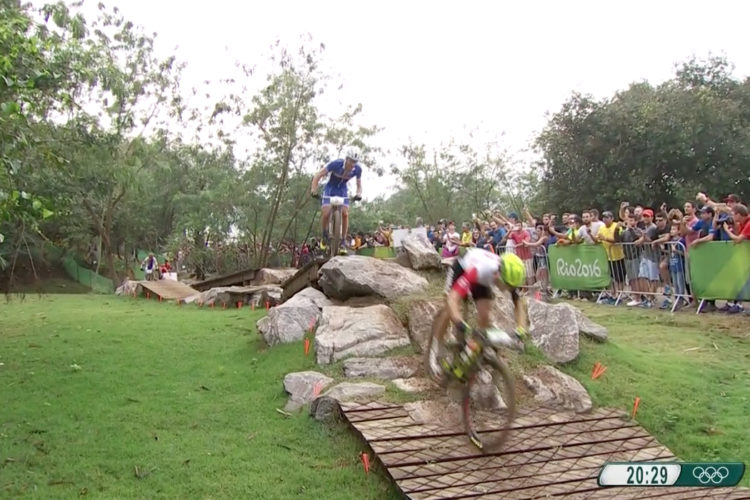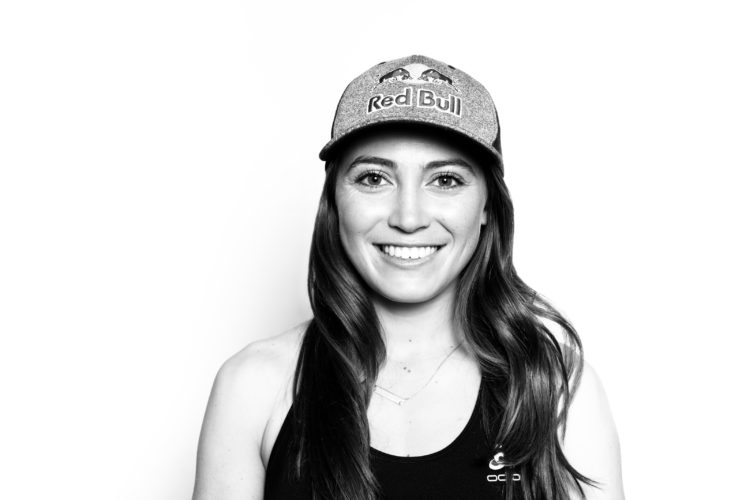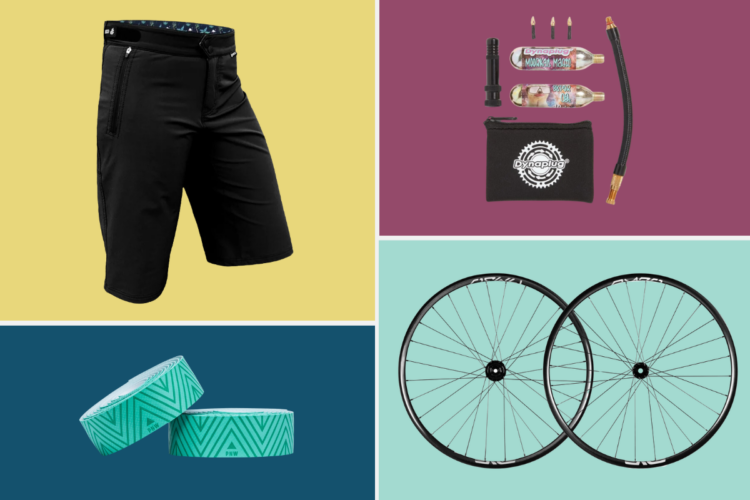The 2020 Summer Olympic torch is just days away from being lit. One year later. If you’re confused about what the much-delayed Olympics will hold, or how it’s still happening considering Japan’s current travel restrictions, well a lot of people are, but regardless, the ship set sail months ago and there’s no turning it around now.
Tightly urbanized Tokyo has been another epicenter of the coronavirus, with frequent high peaks in infection rates, and because of another spike preceding the Games, rules have become tighter yet again.
The country as a whole has approached hosting the Games since coronavirus with trepidation, as there are usually hundreds of thousands of people that are mixing with one another during a typical Olympics. Even without fans and spectators, there are still tons of people involved in making the competition happen. Many have speculated that the Games would breed a new variant of the virus, and while we’ll have to wait to see how that blossoms, the Delta variant has been on the rise in the country and elsewhere.
Japan is getting vaccine doses, but the administration hasn’t been all that smooth. Per the Stars and Stripes, Japan has been given nearly 55 million doses, which covers close to a quarter of the population, but doses have been misallocated, with more going toward areas with low demand, and not enough in places with a high demand.
Organizers and government officials have decided on fully remote spectatorship and frequent virus testing for anyone involved in the Games, potentially resulting in a very unusual Olympics.
What’s required of participants

Athletes and support personnel traveling for the Olympics will be required to take two different COVID tests on two separate days within four days of arriving to Japan. During the Games, athletes and those who are involved in daily operations will have to test daily.
Testing will be strict and routine when individuals are departing the country as well, and athletes, journalists, officials and others will have to test daily for one week prior to departure, according to ABC News.
While frequent testing is required at the Olympics, vaccination has not been required for athletes. Athletes will live at the Games how many of us lived a year ago: sanitizing their hands, wearing face masks everywhere, and avoiding social proximity. Athletes need to maintain a 2-meter distance from others and should avoid hugs, hand shakes, or high fives.
Games participants except for residents of Japan aren’t allowed to use public transportation for their first two weeks in the country and are allowed only in authorized Olympics Games vehicles or charters.
The Olympics are spectator-less again

Things started to look up just a few weeks ago. Thanks to subsiding coronavirus infections in late June, the Olympics announced that there would be spectators, though at 50% capacity and for residents only. The total amount of spectators was limited to 10,000 fans, but there still may have been up to 20,000 people per day at the Games, because many sponsors and officials aren’t counted in the total, according to the Associated Press.
Officials announced that it would be a fluid situation though, and on July 12, Tokyo entered a new state of emergency due to increasing cases; organizers announced the week before the declaration that spectators would be banned again. Verbal cheering is banned with spectators and anyone in attendance limited to clapping.
Originally, organizers had hoped to make $800 million from ticket sales with the event at half-capacity and it’s unclear if they’ll make any revenue off of the Games at this point. The University of Oxford is estimating that these are the most expensive Olympics on record at $15.4 billion. Tokyo had positioned itself as a host city to demonstrate its resilience and recovery after the 2011 earthquake and Fukushima nuclear disaster, and unfortunately the country is in a meek position going into the games.
A quick rundown on the MTB athletes participating

The Olympic teams have been finalized after a recent change on the US team. Chloe Woodruff resigned her spot on the team due to an undisclosed personal reason. Erin Huck has replaced her spot on the team. Huck had arbitrated the decision to include Woodruff on the team over her, but nothing more is known on that situation.
There are familiar names on each participating country’s team, including regular UCI XCO podium-steppers. Here are some notable teams. The US team will have their work cut out with folks like Catharine Pendrel, Nino Schurter, Mathieu van der Poel, and Jolanda Neff in the field.
USA
- Kate Courtney
- Haley Batten
- Erin Huck
- Chris Blevins
France
- Jordan Sarrou
- Viktor Koretzky
- Pauline Ferrand Prevot
- Loana Lecomte
New Zealand
- Anton Cooper
Romania
- Vlad Dascalu
Sweden
- Jenny Rissveds
Canada
- Catharine Pendrel
- Peter Disera
- Haley Smith
Italy
- Luca Braidot
- Eva Lechner
- Nadir Colledani
- Gerhard Kerschbaumer
Japan
- Kohei Yamamoto
- Miho Imai
Switzerland
- Nino Schurter
- Fillipo Colombo
- Mathias Fluckiger
- Jolanda Neff
- Linda Indergand
- Sina Frei
United Kingdom
- Tom Pidcock
- Evie Richards
Netherlands
- Mathieu van der Poel
- Anne Tauber
- Anne Terpstra
- Milan Vader
South Africa
- Alan Hatherly
- Candace Lill
Spain
- Jofre Cullell
- David Valero
- Rocio Garcia
The course

Cross-country mountain biking will go down on a 4.1km/2.5mi-long course in Izu, which is about 120km/75 miles outside of Tokyo. The course has about 150m/492ft of elevation on each lap, and according to the Olympics, is “designed to be one of the toughest seen in Olympic history.” The race will last two hours.
Based on the video below, the course looks similar to many UCI World CUP XCO courses, with a touch of modernity in pumps, rollers, drops, and jumps, but there are still some natural elements like roots, loose dirt, off-camber sections, and technical rock gardens. There are skinny singletrack sections and wide open straightaways, which should make for exciting passes. The course looks far from a manicured XC track.
Schedule and how to watch
The opening ceremony and first events are expected to start at 8p MDT and the first mountain bike race will start on July 26 with the men’s race beginning at midnight sharp. Who needs to sleep anyway? NBC is posting replays of cycling and mountain biking here.
The Olympics will end on August 8. For a quick conversion formula, Tokyo is 13 hours ahead of EST and 16 hours ahead of PST. For anyone who wants similar sports to watch, the summer Olympics will also include surfing, BMX, rock or “sport climbing,” skateboarding, and road biking.
Most of the Olympics will air over NBC and they conveniently have a schedule posted here. The mountain bike schedule is posted here under cycling.
- Monday, July 26, 12AM MDT: Men’s cross-country
- Tuesday, July 27, 12AM MDT: Women’s cross-country
Other bike events
- Friday, July 23, 8PM MDT: Men’s road cycling
- Saturday, July 24, 10PM MDT: Women’s road cycling
- Tuesday, July 27, 8:30PM MDT: Women’s road cycling, time trial
- Tuesday, July 27, 11PM MDT: Men’s road cycling, time trial
- Wednesday, July 28, 7PM MDT: Men’s and women’s BMX quarterfinals
- Thursday, July 29, 7PM MDT: Men’s and women’s BMX semis and finals
- Friday, July 30, 7:10PM MDT: Men’s and women’s freestyle BMX seeding
- Saturday, July 31, 7:10PM MDT: Men’s and women’s freestyle BMX finals
- Monday, August 2, 12:30AM MDT: Women’s track team sprint finals, qualifying, 1st round and finals
- Tuesday, August 3, 12:30AM MDT: Women’s track team pursuit finals, qualifying, 1st round and finals
- Wednesday, August 4, 12:30AM MDT: Men’s team pursuit finals, qualifying, 1st round and finals
- Thursday, August 5, 12:30AM MDT: Women’s Keirin final, 2nd/3rd rounds, qualifying, and finals
- Fiday, August 6, 12:30AM MDT: Women’s track cycling Madison final, qualifying, 1st rounds, semis and finals
- Saturday, August 7, 12:30AM MDT: Men’s track cycling Madison final, qualifying, 1st rounds, semis and finals
- Saturday, August 7, 7PM MDT: Women’s track cycling Omnium, 2nd/3rd rounds, semis, and finals




















